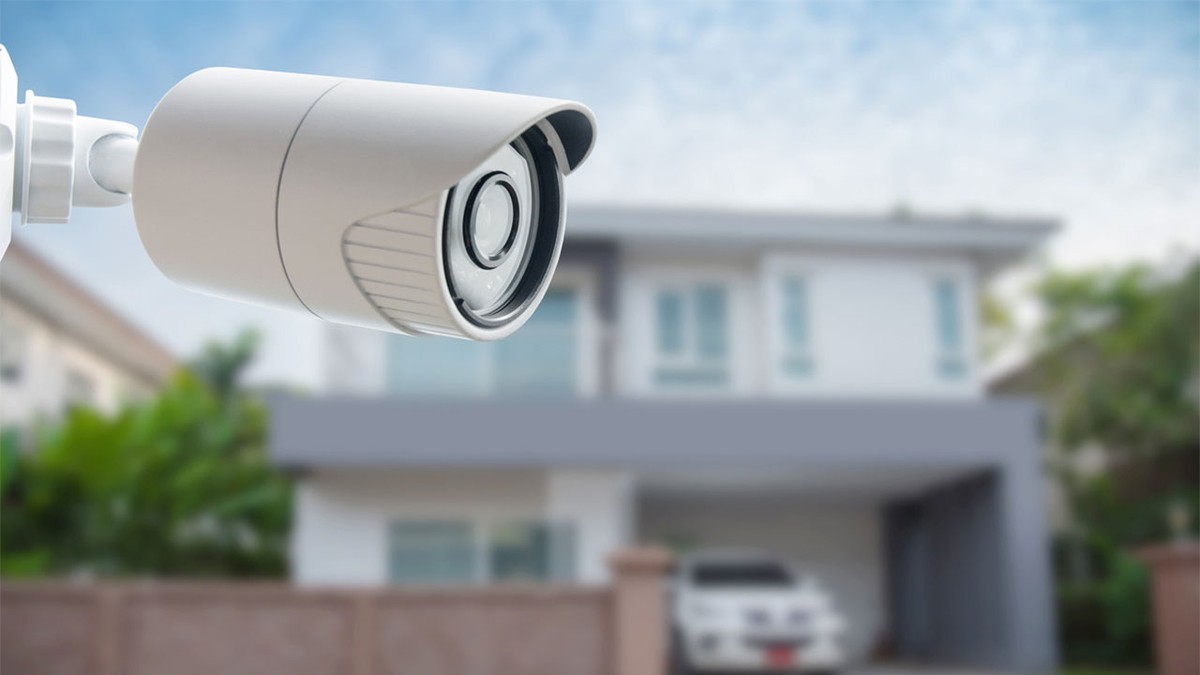
The controversy surrounding facial recognition, used as a public safety tool by the police, has sparked discussions in Europe. That’s because a London policing ethics report, released on Wednesday (29) by The Guardian, expressed concern that the software reinforces or perpetuates racism and gender bias. The text, made for the British capital city hall, also concludes that there are important ethical issues involved in the adoption of the «spy camera» by the police.
READ: S10 has serious flaw that unlocks smart ‘alone’
Proposal to combine facial recognition and public safety is controversial in London – Photo: Reproduction / iStock
The debates gained strength after the hearing on the Ed Bridges case. The former adviser to the UK Liberal Democratic Party claimed that the police violated his privacy rights by using facial recognition on two everyday occasions: when he went to buy a sandwich and when he participated in a peaceful demonstration against weapons.
Around the world, facial recognition is a controversial subject. Flaws in cellphone software became known and gained notoriety in the media. In 2017, a 10-year-old boy managed to bypass his mother’s iPhone X Face ID and unlocked the device without difficulty. The similarity between the two deceived the technology and generated debates about possible failures.
10-year-old boy cheats Face ID and manages to unlock his mother’s iPhone X
Apple admits that the iPhone X facial recognition system can be confused with family members – Photo: Reproduction / YouTube
When it comes to facial recognition applied to security, the system consists of crossing the police database with images of people passing in front of cameras in public places. The objective is to identify suspected criminals, fugitives, missing persons or persons of interest to the security forces. Therefore, the report’s recommendation is that facial recognition should be used exclusively if the police can prove that they will not introduce racial or gender bias into operations.
At the other end, the police argue that 10 tests were carried out by crossing the images of facial recognition cameras with a specific list of wanted criminals, generating several positive identifications, which were converted into prisons. Public acceptance is also favorable. A survey, with a sample of 1,092 respondents, showed that 57% found the use of the software by the police acceptable. The number soars to 83% when Londoners heard are told that the technology would serve to locate dangerous offenders.
How facial recognition works
In addition, 50% of respondents said they would feel safer if facial recognition was used in London. However, a third of the Londoners heard showed concern about the impact of technology on their privacy. In this regard, 56% responded positively when asked if they believed that the police would use their personal data in accordance with the law.
The racial and gender issue also appeared in the interview. Nearly half of Londoners surveyed believe that the technology would collect more data about some groups and profiles than others. Young people, blacks and Asians were less favorable to the use of facial recognition than adults, the elderly and whites.
